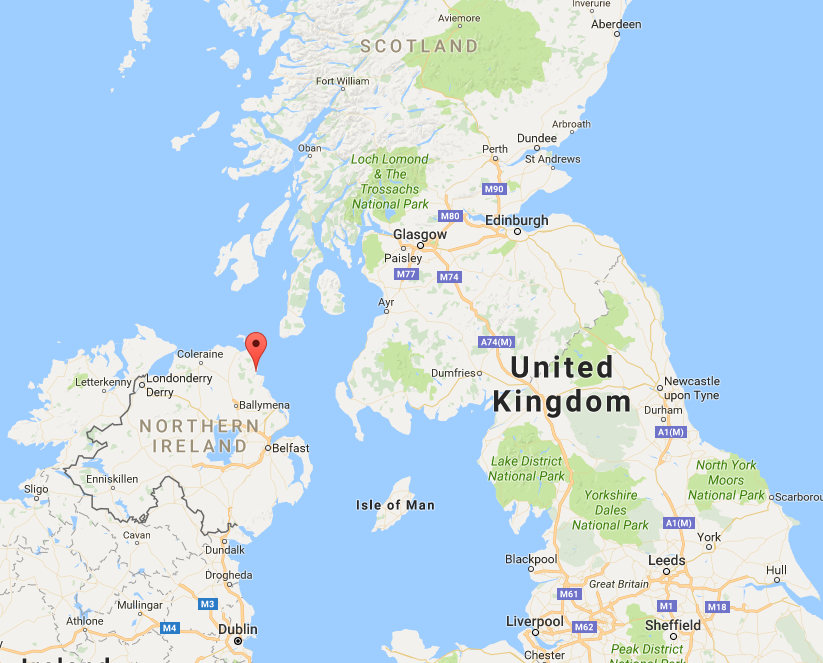The view from Dalriada
Language Log 2016-11-05
 Brendan O'Leary, "The Dalriada Document: Towards a Multinational Compromise that Respects Democratic Diversity in the United Kingdom", The Political Quarterly 10/27/2016:
Brendan O'Leary, "The Dalriada Document: Towards a Multinational Compromise that Respects Democratic Diversity in the United Kingdom", The Political Quarterly 10/27/2016:
Words and abbreviations matter, especially when they mislead. Brexit cannot and will not happen because ‘Britain’, a geographical expression, is not a polity, a sovereign state or a member state of the European Union, and cannot exit from any political organisation, let alone the European Union. The new Prime Minister Theresa May's early insistence that ‘Brexit means Brexit’ was not only a tautology which disguised her cabinet's indecision about what exit might mean, but was also nonsensical because the portmanteau has no political referent.
To insist that Ukexit rather than Brexit is the correct word for the phenomenon that may unfold is not pedantic or professorial quibbling. ‘Britain’ is inaccurate shorthand for the United Kingdom of Great Britain and Northern Ireland—for which more appropriate abbreviations are either the United Kingdom or the UK (UKGB & NI is an impossible mouthful). To use Brexit does verbal violence to the nature of the UK, which is a double union-state, not a British nation-state. It is tiresome to remind British people that Britain is not greater than Great Britain, and that Great Britain is part of the UK, not its entirety: tiresome but necessary.
Prof. O'Leary's proposal is this:
Northern Ireland and Scotland could and should stay within the European Union while remaining inside the United Kingdom. This proposal need not prevent, and may facilitate, England and Wales in leaving the EU, and it is in accordance with the respective preferences of the peoples of the two Unions who voted in the advisory referendum held on 23 June 2016. Prime Minister May and her Cabinet should address carefully the question of whether to trigger Article 50, or instead to give notice that only parts of the UK—England and Wales—will be leaving the EU. The price of enforcing the entirety of the UK's exit from the EU may be lasting damage to the two Unions that make up the United Kingdom of Great Britain and Northern Ireland.
What is "Dalriada", anyhow?
What is sketched here is a multinational compromise, of potential benefit to the peoples of these islands and the peoples of the European Union. The first draft was finished on 12 July 2016 in a cottage close to Dalriada Avenue in the village of Cushendall, in the Glens of Antrim, on the north-east coast of Northern Ireland. Across the North Channel, the Mull of Kintyre is strikingly visible in good weather. Dál Riata, also known as Dalriata or Dalriada, was an Irish-speaking polity that included parts of western Scotland and north-eastern Ireland.1 The argument here is not a romantic fantasy that wills the resurrection of ancient Dalriada (or its language). Rather, it responds to the fact that the present needs and mandates in historic Ulster and Scotland are in deep danger of being ignored in current deliberations. The leadership of the Conservative and Unionist party seems determined to ride roughshod over both old and new understandings of the two Unions that comprise the United Kingdom of Great Britain and Northern Ireland. It is not alone. The leadership of the Labour party appears at least as oblivious of its multinational obligations.
Read the whole document for the legal, political, and linguistic details of the proposed solution. Brendan asserts that "There is … no fundamental legal impediment to this proposed compromise", and suggests that it offers significant benefits to Theresa May's government in its difficult pending external and internal negotiations.